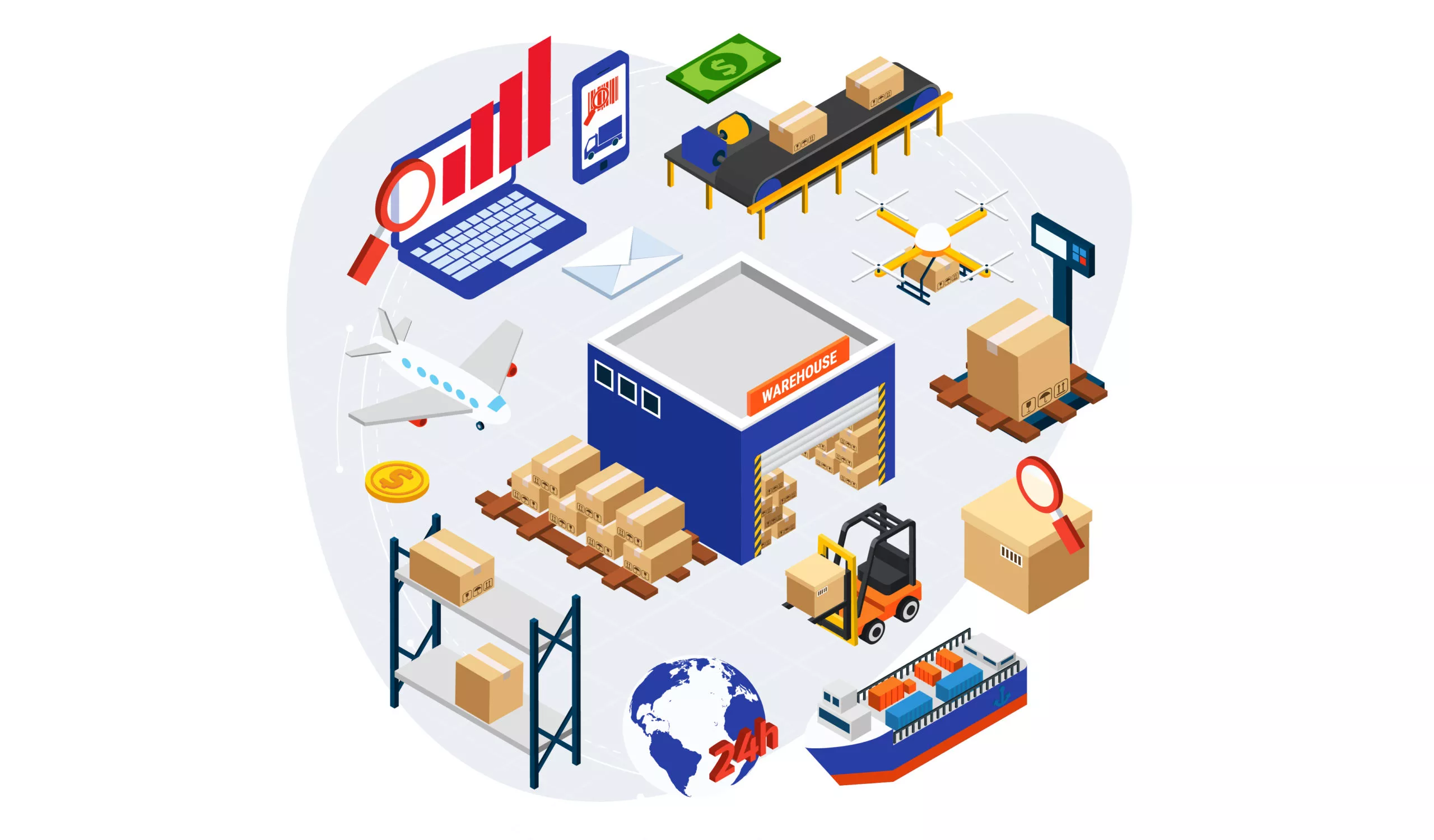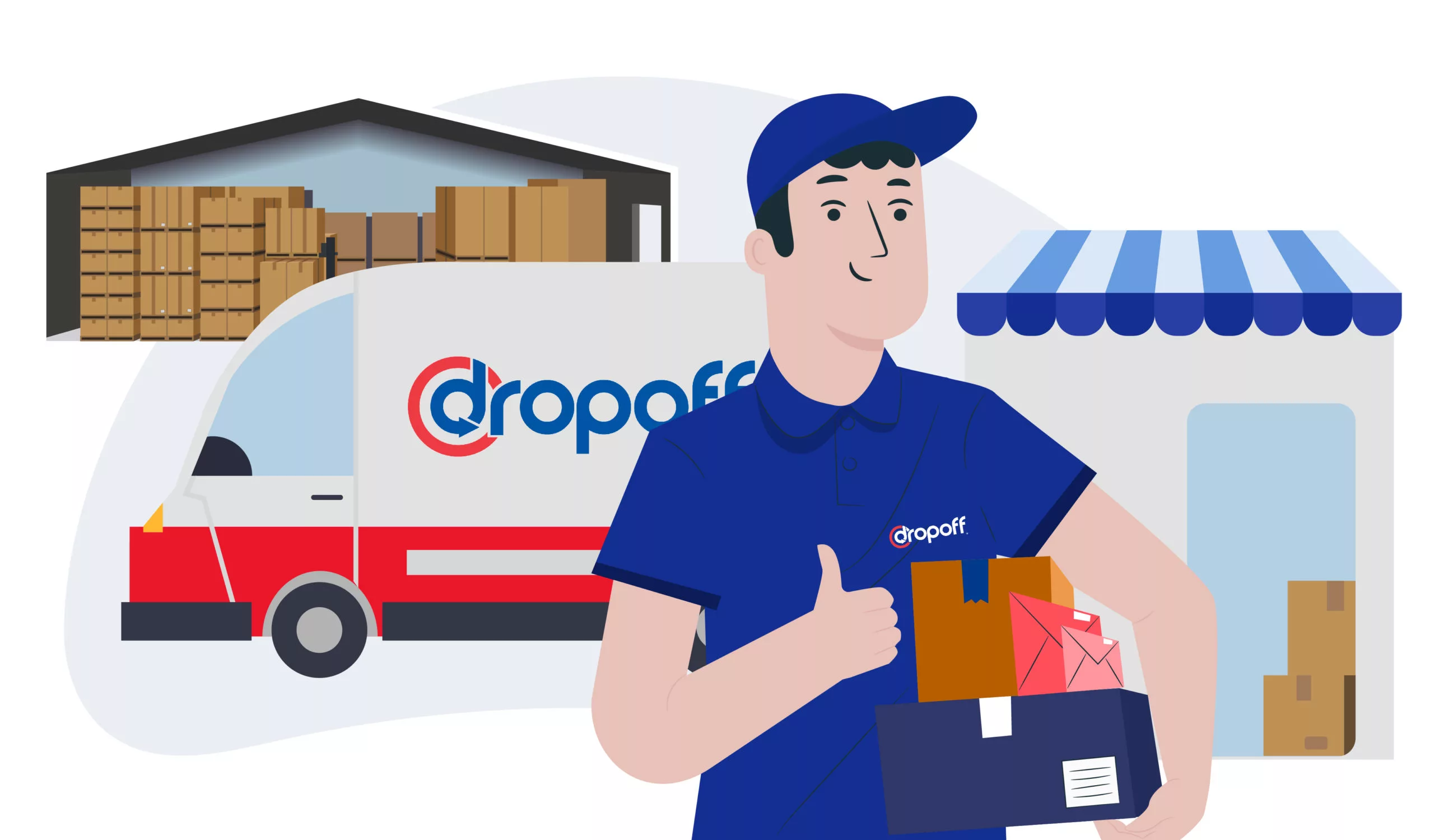Everything You Need to Know About Manufacturing Logistics
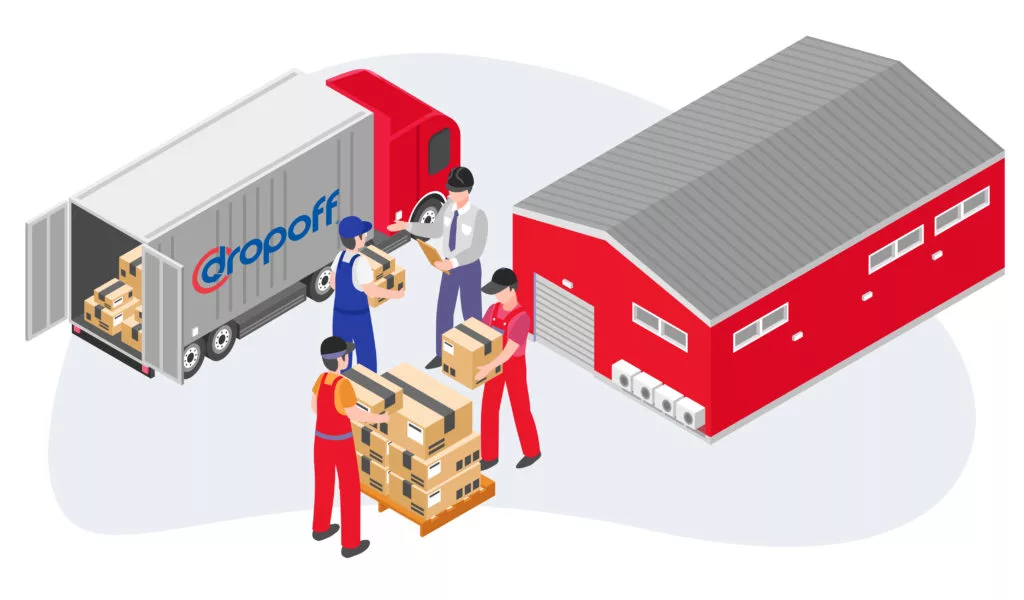
Manufacturing and logistics have always been key aspects of the industrial world. However, with the rise of global trade and the rising demand for goods, they have become even more crucial.
In order to keep up with today’s competitive market, it is essential to understand the basics of manufacturing logistics. In this article, we will discuss the most important concepts related to manufacturing and logistics.
What Is Manufacturing Logistics and What Does It Involve?
Manufacturing logistics is the process of organizing and managing the transportation and storage of materials and finished products within a manufacturing plant.
This process includes many activities, like moving raw materials to production lines, finished products to warehouses, and goods to customers. It also includes planning for when the factory is closed, managing inventory levels, and meeting production schedules.
While last-mile and short-haul transportation is a small part of the manufacturing logistics process, it is an essential component of keeping manufacturing plants running smoothly.
Last-Mile and Short-Haul Transportation in Manufacturing Logistics
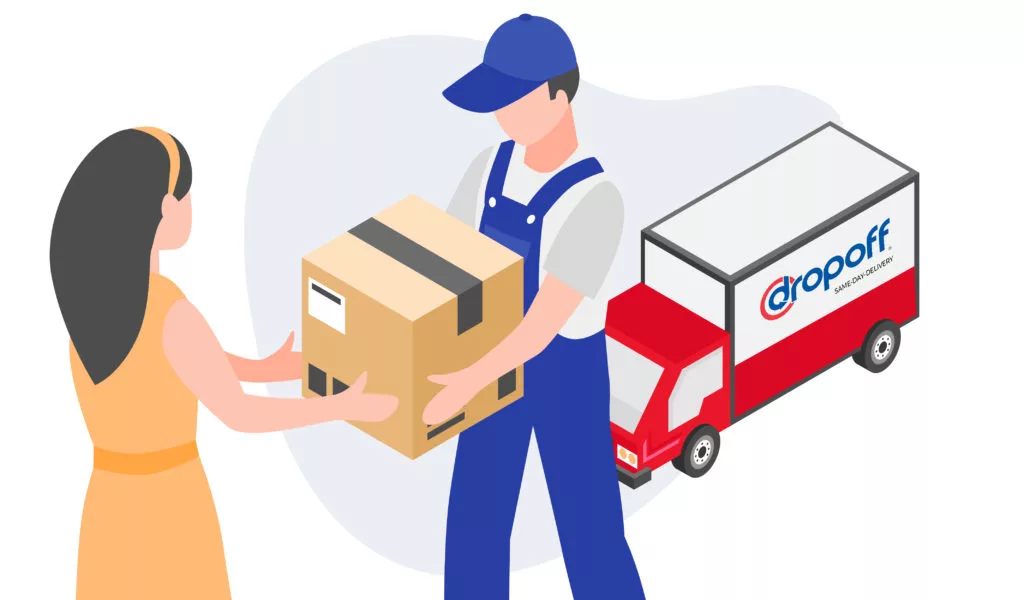
The manufacturing process begins with the sourcing of raw materials. Raw materials must be acquired from suppliers and transported to the manufacturing facility. Next, the raw materials begin creating the finished product. Finally, the finished product enters the shipping stage. This needs careful planning to ensure that products arrive on time and in good condition.
The transport of goods and services is a component of logistics management. It is entirely concerned with the definition and implementation of various transportation options such as sea, air, rail, and road. The movement of goods from one place to another is termed infrastructure, vehicles, and operations. It’s a critical function since it allows trade and communication between parties.
Further, last-mile delivery and short-haul transportation play a critical role in manufacturing logistics.
Last-Mile Delivery
A product’s journey from a warehouse shelf, to the back of a truck, to a customer’s doorstep, is where last-mile delivery comes in.
In manufacturing logistics, the “last mile” refers to the final stage of delivery, when a product is transported from a distribution center to the end-user. This “last mile” can often be the most expensive and time-consuming part of the journey.
It often requires special considerations such as time-sensitive deliveries. This service comes with many advantages such as enhancing shipment visibility through last-mile delivery tracking. This helps businesses see exactly where their packages are at all times, ensuring timely and accurate delivery.
Short-Haul Transportation
Short-haul transportation, on the other hand, is responsible for moving raw materials, parts, and finished products between manufacturing facilities. This type of transportation typically involves large trucks or trains. Modern manufacturing is possible thanks to trucking, which transports products from wood to plastics, steel, and automobile components, you name it.
Short-haul transportation is typically less expensive and more efficient than long-haul transportation, making it an essential part of manufacturing logistics.
Together, last-mile delivery and short-haul transportation play a vital role in keeping manufacturing operations running smoothly.
How Can a Company Benefit from Effective Manufacturing Logistics Practices?
Now you may be wondering, “Why are effective manufacturing logistics practices so important?“
Effective manufacturing logistics can help a company to improve its production efficiency, reduce costs, and improve customer satisfaction.
There are three key components to effective manufacturing logistics:
1) Materials management: This involves procuring the raw materials needed for manufacturing, as well as storing and tracking those materials.
2) Production planning: This involves using manufacturing resources efficiently.
3) Transportation and Distribution: This includes delivering finished products to customers in a timely and efficient manner.
Companies that invest in manufacturing logistics often see big improvements in their operations. As a result, manufacturing logistics can be a powerful tool for any company looking to improve its competitiveness. Moreover, companies should also be measuring their logistical efficiencies through logistics KPIs.
Logistical Challenges That Manufacturers Often Face and Their Solutions
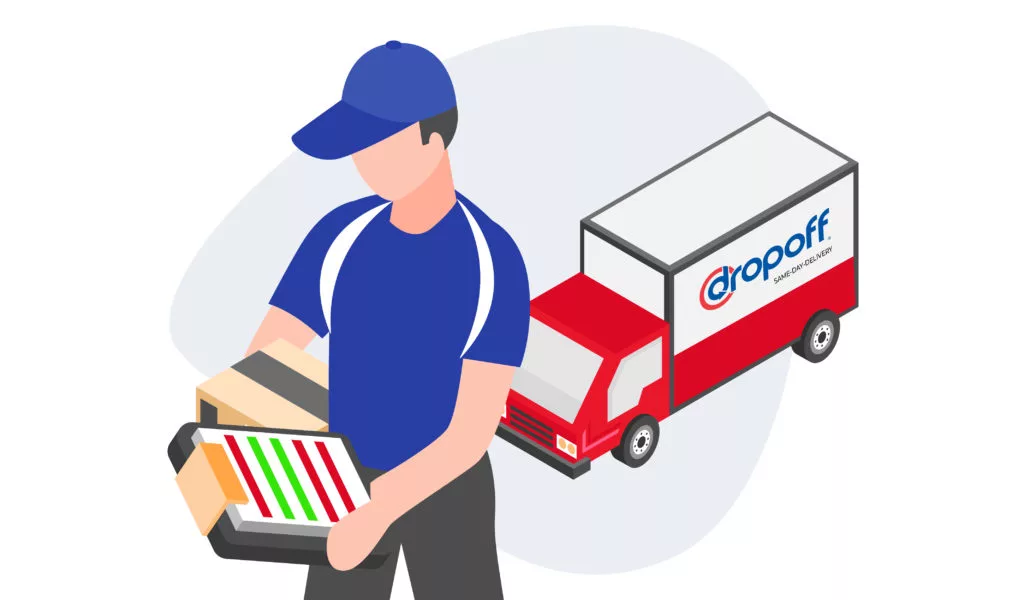
Any manufacturing company will face a unique set of challenges in the logistics industry. However, there are some common challenges that all manufacturing companies must deal with.
1. Managing costs
As issues like driver shortage, increasing fuel prices, and growing concerns over government regulations continue to rise, cost management within logistical operations becomes more difficult. Steve Syfan states that, in most cases, a 3PL should be able to reduce transportation costs by at least 5 percent, and as much as 25 percent, for manufacturers who have been running their own shipping departments in-house. Therefore, outsourcing courier services to a logistics provider can allow a manufacturer to focus on its core.
In addition to the efficiencies that a 3PL provides, the manufacturer is able to eliminate costs such as payroll, taxes, and workers’ comp insurance. It also reduces the risk for the manufacturer, because the 3PL will even cover the cargo insurance for shipments.
2. Managing inventory levels
Another one of the most common challenges is managing inventory levels. Production schedules can be unpredictable, and customer demand can fluctuate, making it difficult to maintain adequate stock levels. This can lead to production disruptions and lost sales.
In manufacturing logistics, the challenge of inventory management arises from the need to maintain high levels of customer service while maximizing production efficiency.
The goal is to have the right level of inventory on hand at all times, without incurring costly stockouts or excess inventory costs. To achieve this, manufacturing logistics managers must have a clear understanding of their customer demand patterns and production capacity.
They must also put in place efficient systems for tracking inventory levels and monitoring stock movements. With these measures in place, manufacturing logistics managers can ensure that their operations run smoothly.
Looking for someone to take the whole logistics process over for you? Consider a logistics processor.
3. Managing the transportation of goods
Another challenge is managing the transportation of goods. Manufacturers must coordinate with multiple suppliers and customers, and they must often ship goods to different locations. This can complicate the process, particularly if there are delays or problems with the transportation network.
Managing the transportation of goods in manufacturing logistics can be a challenge, but there are some steps that can make the process more efficient.
One way to do this is to streamline the manufacturing process itself. By reducing the number of steps involved in manufacturing, it will be easier to coordinate the transportation of goods between different parts of the factory.
Another way to improve this challenge is by using specialized vehicles and equipment to transport goods more efficiently.
Production logistics can also optimize the transportation of goods within the factory. By carefully planning the route that goods will take through the facility, it is possible to minimize delays and reduce the overall cost of transportation.
4. Complying with regulations
In addition, manufacturers must often deal with customs regulations and other bureaucratic hurdles when shipping goods internationally. These challenges can add significant costs and delays to the logistics process.
A Closer Look at Working with a 3PL Provider
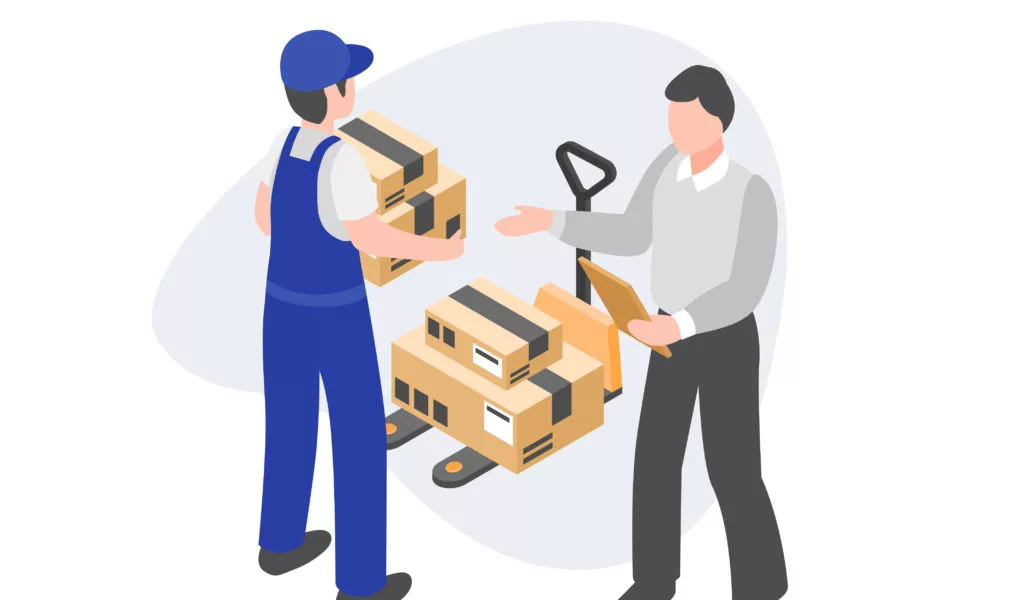
The worldwide 3PL market is anticipated to expand at a compound annual growth rate (CAGR) of almost 3.73 percent from 2022 through 2027, according to Market Watch.
If transportation management is a manufacturing logistics challenge for your business, a 3PL provider can help you develop a transportation management system (TMS) that optimizes your shipping routes and rates to reduce costs and improve efficiency.
If inventory management is a manufacturing logistics challenge for your business, a 3PL provider can help you implement an inventory management system that provides real-time visibility into your inventory levels so you can avoid stockouts and better manage production.
Large factories generally prefer to store raw materials, parts, and packing supplies outside the manufacturing facility in a 3PL-managed warehouse nearby. Given the space limitations, small businesses have even more incentive to free up factory floor areas. Consider outsourcing material storage and same-day delivery to a 3PL if you need to boost production.
The key is to work with a third-party logistics provider who has experience helping businesses overcome manufacturing logistics challenges similar to the ones you’re facing.
If your business is looking to partner with a 3PL provider, check out the top last-mile delivery companies in the US.
Working with Dropoff
Dropoff provides customized solutions for a wide range of businesses, including food ingredients and raw materials, machinery and components, packaged chemicals, construction, and wholesale and manufacturing.
We handle industrial storage facilities that are specifically designed for hazardous goods, tires, food components, and unusual-sized equipment. Repackaging, drum filling, hazardous goods labeling, and transportation management are just a few of the services available to fulfill your industrial demands.
The Future of 3PL Providers In the Manufacturing Logistics Industry
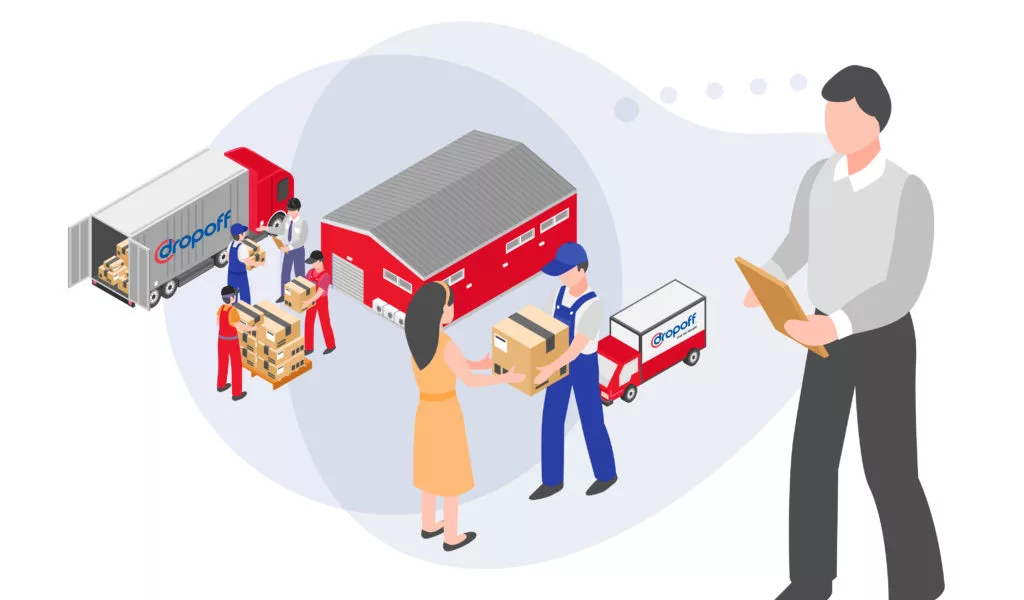
An effective logistics management program should seek to increase revenue, improve the cost structure of shipping processes, reduce costs in transportation management, and increase customer service and satisfaction. These are the direct factors in meeting the requirements of the Holy Trinity of manufacturing.
If a manufacturer is unable to meet these requirements, the manufacturer needs to consider outsourcing shipping and transportation processes to a 3PL immediately. When manufacturing a product, there are a lot of logistics to consider.
- How will the raw materials be sourced?
- What is the most efficient way to transport them to the manufacturing facility?
- How will the finished product be shipped to the customer?
A third-party logistics (3PL) provider can help take care of these details, ensuring that manufacturing runs smoothly and efficiently.
When choosing a 3PL provider, it is important to look for one with experience in manufacturing logistics. They should understand the unique challenges that come with manufacturing, such as just-in-time delivery and inventory management.
They should also have a strong network of transportation providers, so they can quickly and easily get raw materials and finished products where they need to go.
With the right 3PL partner, you can focus on what you do best – manufacturing your product – while they take care of the logistics.
Bottom Line
Manufacturing logistics is critical in the industrial world, and it’s important to have efficient practices in place to make sure deliveries are quick and efficient.
Dropoff has years of experience helping companies overcome the challenges of manufacturing logistics, and we’re here to help you too.
Talk with one of our experts today to learn more about our services.

